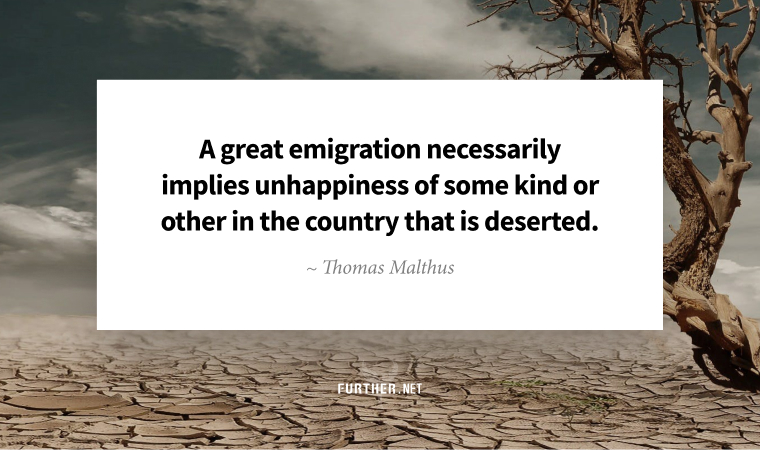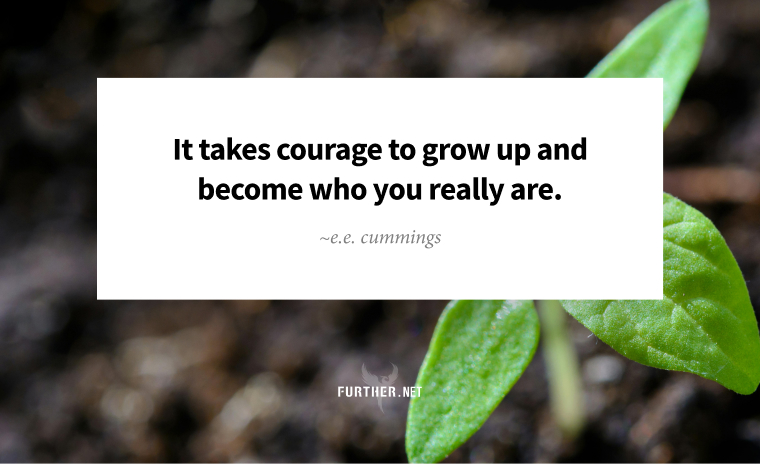|
|
Recent political events in the U.S. have many distraught. This has led to an outpouring of social media posts expressing a desire to leave the U.S. should Trump be reelected. |
Now, most people who threaten to leave over politics rarely do. But as we reported early this year, the prospect of a second Trump term has many taking "Plan B" arrangements seriously. |
This in turn has led to others on social media saying, "You can't just move to another country, it's not that easy." Well, that depends. |
Some countries make it easy, others don't. More often than not, the motivation for less friction in immigration policy relates to attracting capital into the host country. |
Some countries simply do not want you to move there. For example, Japan's immigration policy has long been summed up in one word - no. On the other hand, there are Caribbean island nations that will grant you instant citizenship and a second passport for a $100,000 fee. |
Not everyone has the kind of cash to simply buy citizenship. But there are other options, which usually begin with obtaining residency in another country first. |
Residency by investment programs vary in their terms and conditions. So-called "golden visas" in places like Portugal and Greece usually involve investments in real estate, while buying a $200,000 condo in Costa Rica or Panama will get you temporary residency that leads to the right to stay permanently, and eventually citizenship if you want it. |
Other programs rely on passive income. Many countries will welcome U.S. retirees (and their Social Security checks) with open arms, while other scenarios require proof of a guaranteed income stream. Costa Rica, for example, will allow you to deposit $60,000 per year in a local bank, which will then be distributed back to you at $2,500 per month. |
There are a lot of options to look into. But keep in mind that despite political motivations, most people relocate or retire abroad for a lower cost of living, better healthcare, and a higher quality of life. |
The question is not whether you can move to another country. You most certainly can, and the benefits can be amazing. The real question is whether you have an income that's unconstrained by geography. |
Being location independent is the ultimate Plan B. And it's becoming the ultimate Gen X move. |
Further reading: |
The Evolution of Citizenship by Investment Programs (Kiplinger) |
Keep going- |
Brian Clark |
P.S. New to Further? Join us here. |
Why Not Both? |
Great article that I recommend you read in full, but here's a key takeaway: "If people switch out half of their cardio with resistance training, they get the same magnitude of benefits to reduce cardiovascular disease risk factors, but they get extra benefits like increased strength and muscle mass." |
I Have a Limited Amount of Time to Exercise. Should I Do Cardio or Lift Weights? (Outside) |
Club Med |
The Mediterranean diet focuses on plant-based foods and healthy fats, including fish, vegetables, fruits, whole grains, and extra virgin olive oil. Higher adherence to eating this way was associated with a 23 percent reduction in all-cause mortality in women. |
Greater Adherence to Mediterranean Diet linked to Benefits in Study (Washington Post gift article 🎁) |
The Early Bird Loses |
"Almost all of my clients are Gen X and absolutely none of them are in a position to retire or take funds from retirement accounts," says Liz Windisch, a Denver-based certified financial planner (CFP). "My advice to them is to not take any distributions at this time and to wait as long as possible." |
The Oldest Gen Xers are Turning 59.5 and Can Finally Tap Their Retirement Accounts (Fortune) |
Saved By Zero |
The "Die With Zero" movement is a financial philosophy that challenges traditional ideas about saving and retirement. You maximize life experiences, balance saving and spending while working longer, use your money as a tool to enhance your life, and die with (close to) zero assets. |
What Is the 'Die With Zero' Movement (and Is It Right for You)? (Lifehacker) |
The Late, Great You |
|
By Trudi Roth |
According to Pierre-Auguste Renoir's son, these were his father's final words after painting all day in his deathbed: |
I think I'm beginning to learn something about it. |
|
|
Arguably, Renoir wasn't a late bloomer, having had initial success at 33. But his last words reflect the spirit of those who reject the idea that their best days are behind them. |
Statistics say there are legions of late bloomers among us: as we've discussed here at Further, 45 is the average age of successful startup founders. Many Nobel Prize winners make their most significant discoveries in their mid-40s. And even Colonel Harland Sanders didn't launch his brand, Kentucky Fried Chicken, until he was in his 60s. |
So, how can you ensure the bloom is never off your rose? The short answer is Brian's signature sign-off — keep going — but there's more to sowing your ability to be ever in bloom. |
Better Late Traits |
Rich Karlgaard, author of the book Late Bloomers, took a deep dive into what empowers someone to patiently wait for their time to come. His findings reveal that the seeds of late blooming are planted early — but not how you might think. |
It turns out that late bloomers are not simply early bloomers on a delayed timetable — they didn't just do the things early bloomers did but at a later age. Late bloomers tend to be qualitatively different, possessing a different set of abilities that are mostly invisible to or discouraged by our current education system. |
|
|
For example, if you're a late bloomer, you're intrinsically motivated, pursuing improvement because it's naturally satisfying, not because others reward you. You don't stress about screwing up or not conforming, and you follow your curiosity to explore and experiment, for better or worse. |
Am I saying Jeff Spicoli grew up to be a prosperous cannabis entrepreneur? As a classic late bloomer, it's likely — especially if after he said "Aloha, Mr. Hand," Spicoli found a way to meld his diverse interests and self-teach himself the business skills necessary to succeed. |
In Bloom |
Ultimately, late-life achievement is all about persisting beyond obstacles and disappointments, embracing ambiguity, and prioritizing improvement. As Arthur C. Brooks points out, iconic late-blooming creatives like Cezanne and Alfred Hitchcock share this trait: |
Their focus is not on their finished work, which they often toss away haphazardly. Their focus is on the process of learning itself: Am I closer to understanding, to mastering? |
|
|
In other words, engage in long life learning. It's a constant lesson in humility, even as you deepen your knowledge and expertise. And it's about keeping your intrinsic motivation juiced and your passion percolating. |
After all, life isn't a sprint; it's a marathon. The secret is to focus on growing old vs. getting old. That way, the fruits of your lifelong labor will bear wisdom, inspiration, and joy until the very end. |
You Might Be a Late Bloomer (The Atlantic gift article 🎁) |
further: flashback |
|
The Smashing Pumpkins - Disarm
Siamese Dream, 1993 |
It's weird to realize that Disarm failed to make the Billboard Hot 100 in the United States when released as the third single off Siamese Dream, although it was a top-20 hit in Australia, Canada, and the United Kingdom. In 2024 it became the heartbreakingly perfect close to the season three finale of The Bear. (YouTube) |
further: sharing |
Enjoy this issue? Please forward this email to friends or use the social sharing icons up top. |
Thank you for sharing Further! |






No comments:
Post a Comment